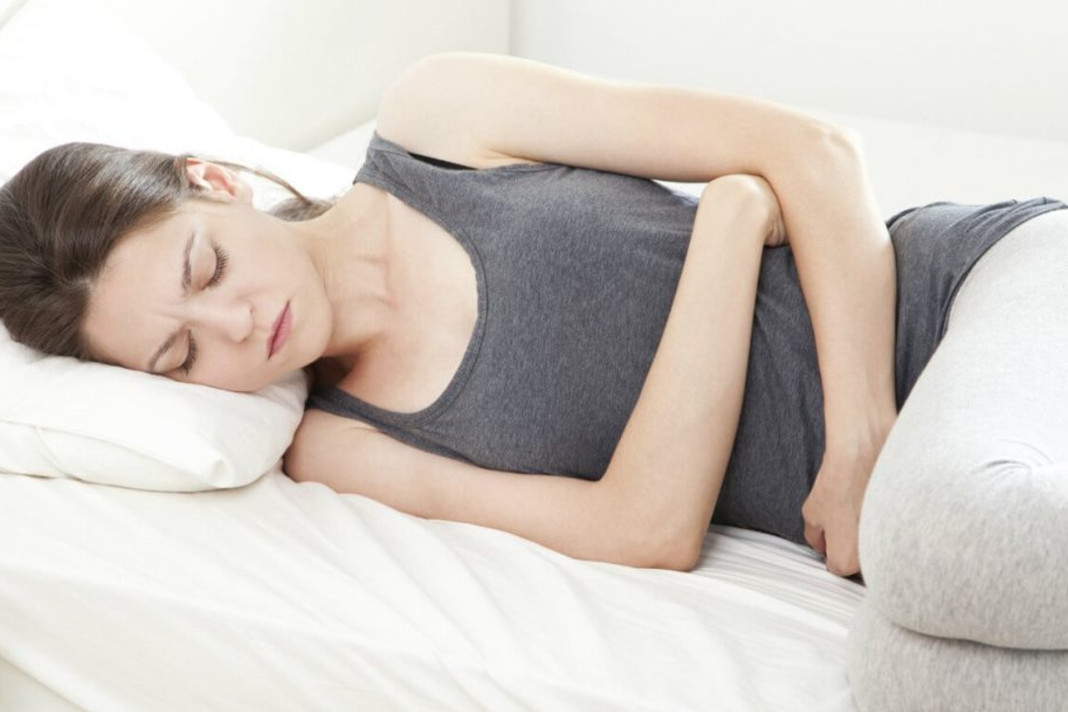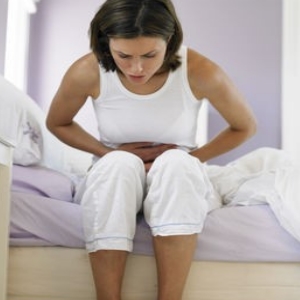We know that endometriosis can be painful and worrying condition to have for any woman. But we don’t fully understand what causes endometriosis – a problem where the endometrium or the lining of the uterus grows at sites other than the uterus. However many theories do exist as to the causes and reasons for endometriosis. We also look at what can cause endometriosis flare-ups.
Genetics
A genetic predisposition to having lower levels of progesterone and the sort of hormonal imbalance is one of the reasons for what causes endometriosis. A first degree relative (mothers, daughters or sisters) having endometriosis puts a woman at higher risk of developing it herself.

Retrograde menstruation and the formation of ectopic endometrium
It is seen that in some cases the debris of the uterus that are generally lost by way of menstrual blood sometimes leave the uterus not through the cervix by way of the vagina, but through the fallopian tubes. This causes the endometrial cells to mistakenly implant in the ovaries, the fallopian tubes or the abdominal lining.
Environmental and lifestyle factors
Smoking seems to reduce risk of endometriosis. Increasingly there is the view that what causes endometriosis or at least contributes to its risk is plastic. Cooking in plastic containers in the microwave and dioxin exposure are thought be dangerous. Also the sort of pesticides that we routinely consume along with our food could be among the causes.
Metabolic changes
Certain hormonal changes are known to cause endometriosis, since higher estrogen levels are known to be associated with this disorder. A suppressed immune system is also known to be associated with endometriosis, since a normal immune system is able to prevent retrograde menstruation described above.
Aromatase, an estrogen-synthesizing enzyme is also known to be associated with what causes endometriosis and is a likely explanation for endometriosis that persists even after a woman has undergone menopause; natural or surgical. Oxidative stress is also thought to be among the contributing factors.
Age
Reduction of fertility and depletion of ovarian follicles as a woman ages can cause the kind of ovarian and fallopian tube scarring that encourages abnormal endometrial growth. Fibroids and adhesions caused by abdominal surgery can also disturb normal endometrial activity. Also the sort of endometriosis that older and postmenopausal women suffer can be of a particularly aggressive kind.
What causes endometriosis flare-ups
Endometriosis can persist even after hysterectomy so there is really no complete cure for endometriosis. It is only possible for women to manage the condition as best possible and prevent flare-ups by identifying what causes them.
Flare-ups are characterized by increase in the symptoms of the disease. To manage these, pain medications such as non-steroidal anti inflammatory drugs can be used. Diclofenac pills or suppositories can also help to control inflammation. Certain herbal medications are also thought to help in cases.
Women should steer clear of Xenoestrogens because these may cause flare-ups because they can increase growth of endometrial tissue. Women should also try and identify what causes endometriosis flare-ups in their cases and should then try and avoid those triggers.





